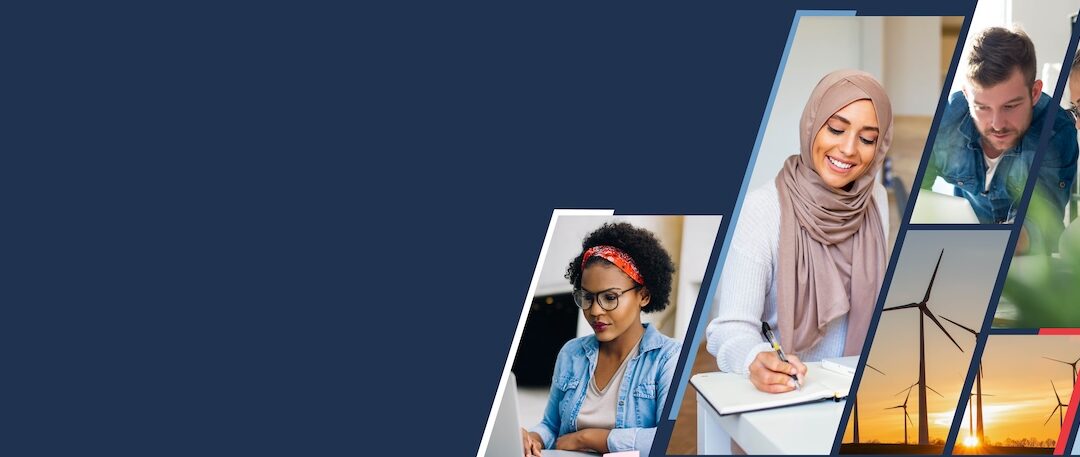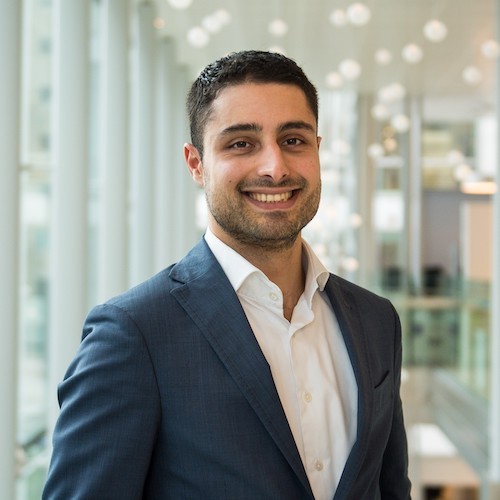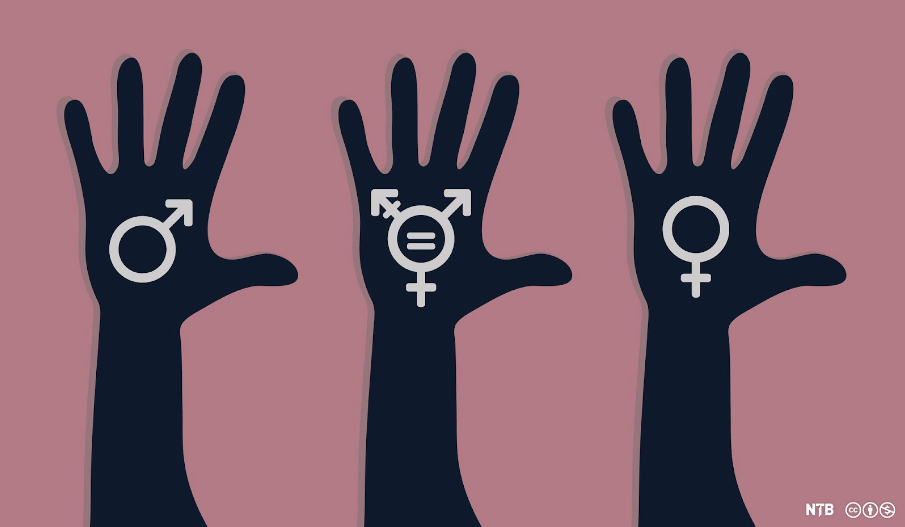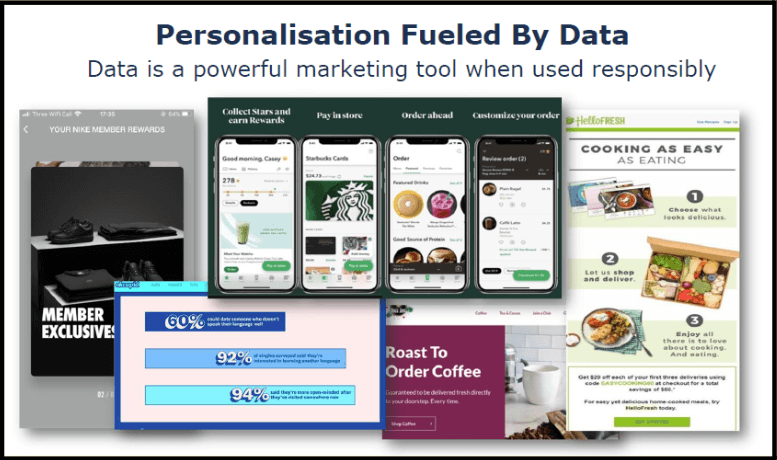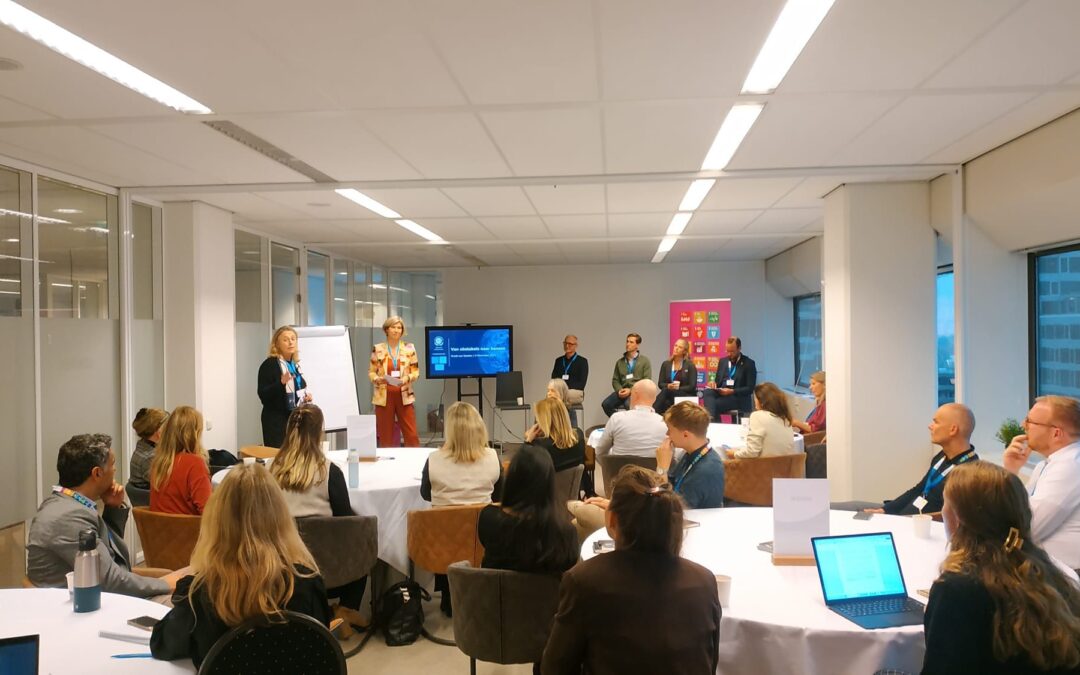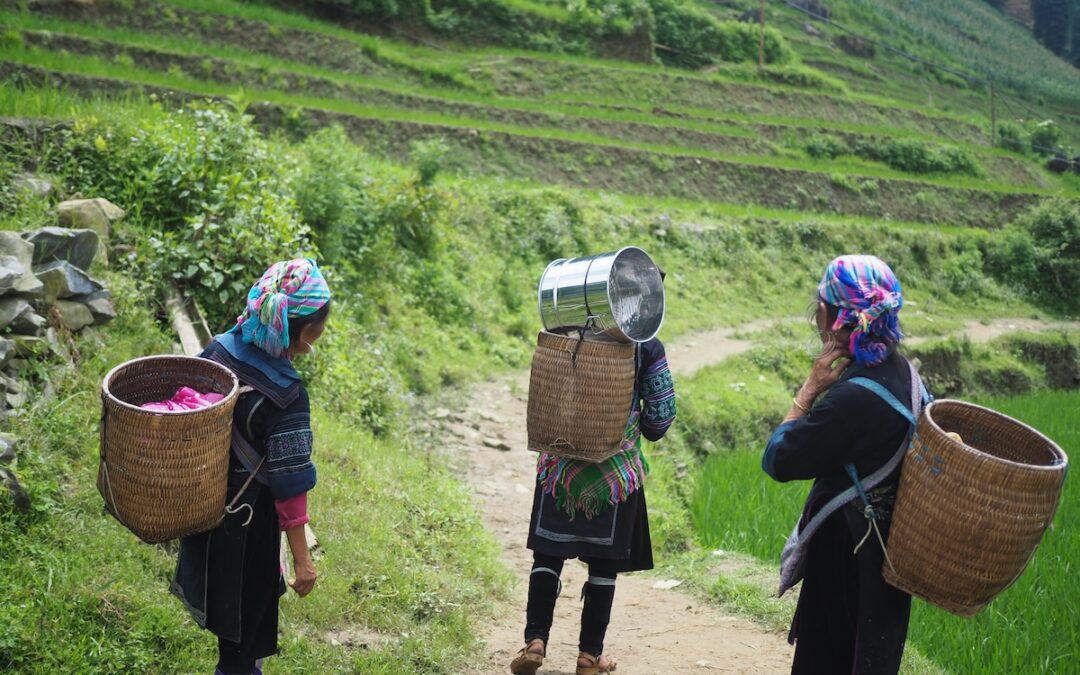
Beneath the Surface: Why Climate Change is a Human Rights and Gender Issue
Beneath the Surface: Why Climate Change is a Human Rights and Gender Issue.
Climate Change is intrinsically linked with human rights and gender equality. It threatens human rights and affects such rights even disproportionally depending on the social category of individuals. What are the links between climate change, human rights, and gender equality, and how can we relate them in the Dutch context?
Human Rights and Climate Change
Starting with human rights, everybody has “the inherent right to life” and the law protects it. Climate change is a threat that puts the lives of present and future generations in danger through impacts such as extreme weather, fires, storms, and floods. The legal implications of these links have increased since the last decade. Specifically in the Netherlands, the most known cases are Urgenda vs. Netherlands and Millieudefensie et al. vs. Shell. In both cases, the Dutch court interpreted climate change as directly linked to the human rights of the Dutch citizens.
Gendered consequences
The impact of climate change is not even. Often, lower socioeconomic status exposes individuals and communities more to the negative effects of climate change. Women are often discriminated against and have less access to resources, education, participation in decision-making, and land than men. These disadvantages in a patriarchal system make the impact of climate change gendered. For example, any food scarcity or price increases impact pregnant women’s health more than men’s. Women are often “first to skip meals or reduce consumption” during these situations. Specifically, such conditions have exposed women with maternal health issues to negative cultural stigmatization. While these situations happen more often in low-middle-income countries, the Netherlands is not immune to the gendered impact of climate change. Particularly for those older than 65, women in the Netherlands are more exposed to the risk of death due to heat than men. Increasing heatwaves in the Netherlands might increase this difference even more.
Marginalized
It is also vital to consider people with migration backgrounds and climate change. Inequality in well-being is a serious problem, especially among communities with non-Western migration backgrounds in the Netherlands. Specifically, due to poor facilities and infrastructure, the urban heat island effect might impact neighborhoods comprising dense populations with non-Western migration backgrounds more than others. We should consider that women and non-heteronormative genders who belong to this category are far more vulnerable than others. However, more research is needed to be done about this in the Netherlands to understand the overall picture better.
Conclusion
To solve the climate crisis, adopting a human-rights-centered approach while addressing gender equality issues will be one of the fundamental mechanisms to adapt and mitigate. Man-made blocks have paved our road to climate change, and bringing other gender groups into power will be a key to remaking those blocks and reshaping our path. Societies that empower women in decision-making are more successful in ratifying environmental treaties and adopting climate change policies. Companies with a bigger share of women on their management boards are more likely to be successful in their climate strategies. Although the share of women on boards is increasing at a high pace in the Netherlands, reaching almost 40%, even for senior positions, this is only marginal in the energy sector.

